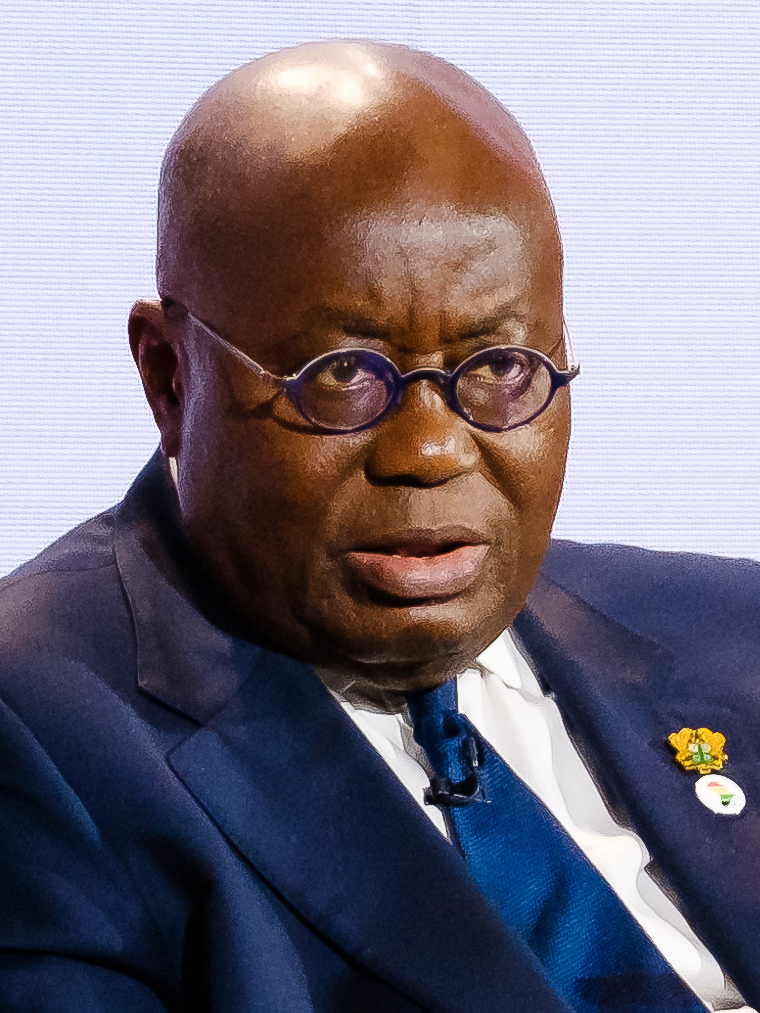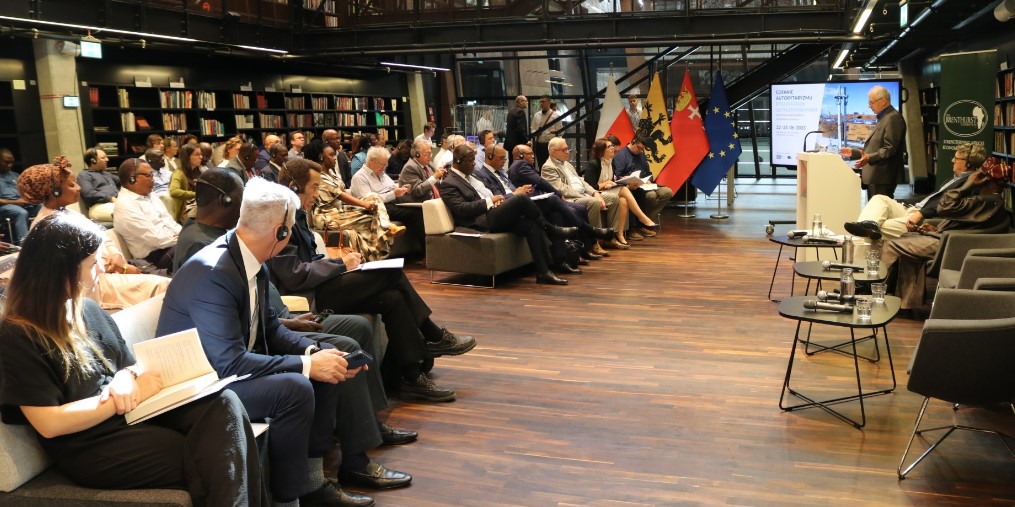News
Ghana’s Path to Prosperity Lies in Overcoming Governance Challenges
To secure Ghana’s economic future, leaders must pivot from the current exclusive and vengeful political configuration to a more stable and predictable political coalition.

In 2016, the new government under President Nana Akufo-Addo generated a surge of hope and goodwill within Ghana and worldwide. Nana’s message of “arise for change” resonated with Ghanaians far and wide, including the country’s most eager business community and investors – all groups who had long sought an end to subpar growth, unreliable infrastructure, especially energy, and corruption in government.
Today, however, the initial optimism has waned.
According to World Bank estimates, Ghana’s GDP growth dropped from 5.4% in 2021 to 3.2% in 2022. This slowdown has primarily affected non-extractive industries such as agriculture and services, while high inflation and interest rates have negatively impacted private consumption and investment. The government is struggling with a lack of access to credit markets and is buckling under the weight of debt servicing commitments.
Times are tough, and goodwill, as we know, is not endless.
These challenging times and diminishing goodwill can be attributed, in part, to long-standing governance issues that have plagued the country for decades.
Weak governance and a contrived political space have hindered even the most well-intentioned plans from achieving their desired outcomes. It is crucial to analyse the underlying causes of these governance challenges to chart a path toward a more prosperous future.
One significant factor contributing to weak governance in Ghana is the high-level, deliberate and persistent politicisation of issues and the accompanying selective continuity of policies, driven by the need to satisfy various constituencies – self, family, party – rather than serving the general electorate.
This is compounded by the absence of a competitive civil service that provides checks and balances for political overindulgences and thus has undermined institutional meritocracy. Consequently, the repercussions are not just limited to poor GDP indicators; they impact the lives of ordinary Ghanaians.
For instance, over 1.2 million school-going children aged four to 17 do not attend school, while nearly a million have never received any formal education. This educational deficit perpetuates social inequalities and hinders the country’s development.
Additionally, the number of people living in urban slum areas has increased from 5.5 million to 8.8 million in 2020, a period of three years, highlighting the failure to address housing and urban development adequately.
In the health sector, public hospitals often serve as the only option (at best) and the last resort (at worst) for the majority, while the political elite seeks expensive healthcare abroad. They are, unsurprisingly, plagued by poor hygiene and sanitation, inadequate financial health investments, poor health infrastructure or limited workforce and facilities. Such disparities in access to quality healthcare underscore the urgent need for change.
Yet, despite four Republics, countless governments, and varied leaders from Ghana’s two main political parties – which may in itself be one of its biggest problems – sound and prudent macroeconomic management remain elusive.
The primary focus should be on growing the proverbial national cake, rather than merely sharing it. Unfortunately, the elite and vested political interests that govern and guard the political space prioritise their own agendas over the collective well-being of the nation.
To secure Ghana’s economic future, leaders must pivot from the current exclusive and vengeful political configuration to a more stable and predictable political coalition. This coalition should prioritise structural improvements in social, political, environmental and macroeconomic fundamentals. It must ensure policy and governance predictability, protect private sector property rights and safeguard human rights.
Undoubtedly, achieving this transformation is difficult, but it is certainly doable. Ghana cannot afford to continue down the path of divisive politics and contrived spaces that restrict economic choices and development efforts.
The time has come to catalyse action through practical and systemic solutions. This necessitates a departure from old policy debates and ideological differences, focusing instead on tangible steps towards progress.
To start, Ghana must learn from the experiences of other successful high-growth countries.
It requires policies based on current realities, with a focus on high-growth potential sectors. Improving the ease of doing business, reducing costs, and increasing incentives should be prioritised.
Engagement with the investor community and creating a favourable regulatory and fiscal environment for investments is essential. Developing industrial clusters and service sectors, harnessing artificial intelligence through appropriate regulatory frameworks, and strengthening public financial management are crucial steps toward sustainable growth.
However, it is not enough to propose these solutions; they must be implemented with determination and commitment. Ghana and other African countries cannot afford to postpone action any longer.
The urgency lies in the fact that the challenges faced today are matters of life and death for many citizens, while for a privileged few, they are mere inconveniences discussed over champagne.
Furthermore, the governance challenges faced by Ghana are not unique to the country alone.
Sub-Saharan Africa is expected to experience a deceleration in growth, with major economies like South Africa projecting meagre growth rates.
However, the IMF and many African economists have emphasised that the region is far from powerless. African countries must learn from successful examples, address weaknesses and leverage their assets to drive sustainable growth.
Ghana’s path to prosperity lies in overcoming governance challenges that have hindered progress for too long. It requires leadership that can transcend divisive politics and create a more inclusive political coalition.
Practical and systemic solutions must be prioritised over policy debates, and the culture of deifying leaders needs to be replaced with a focus on serving the people.
It is time for Ghana to embrace a future where hard work and competence are rewarded, and the aspirations of its citizens can be realised. The buck stops here, and the time for action is now.
This article originally appeared on the Daily Maverick
Photo: Graham Carlow



